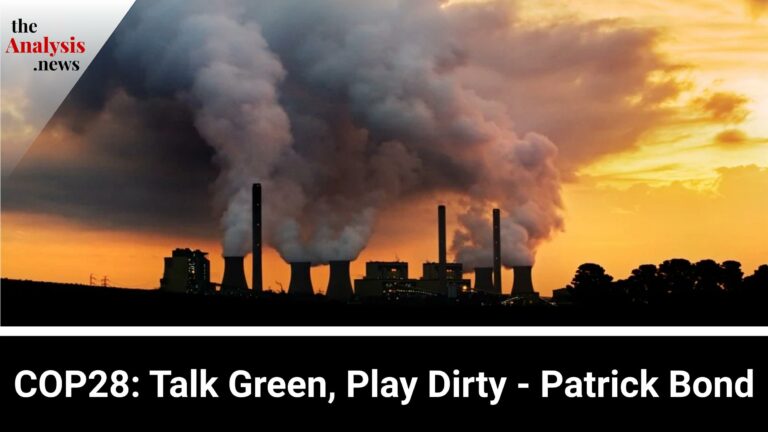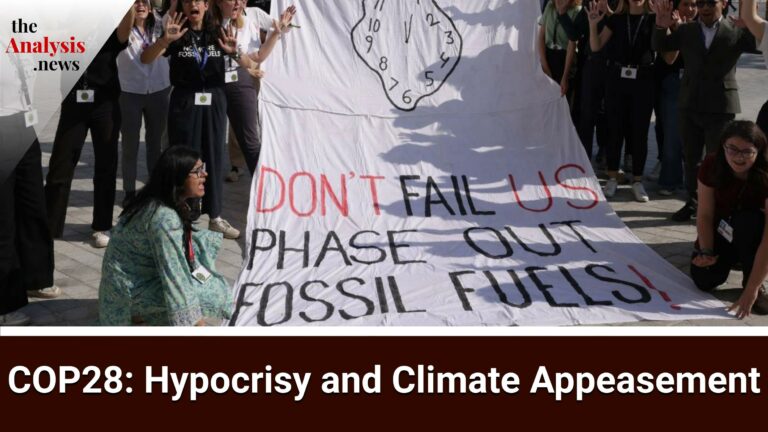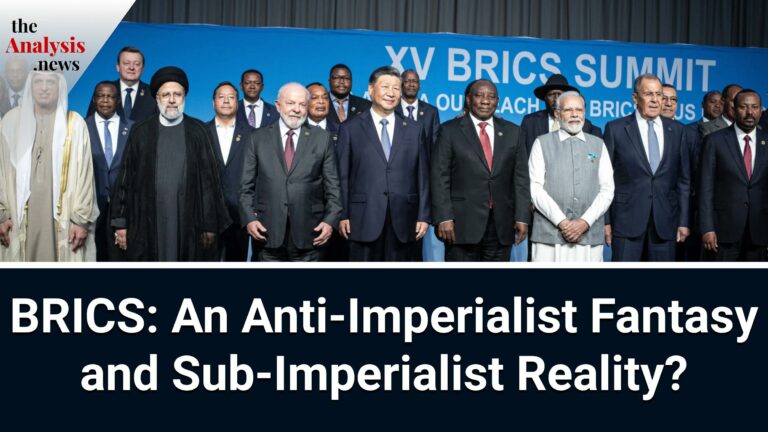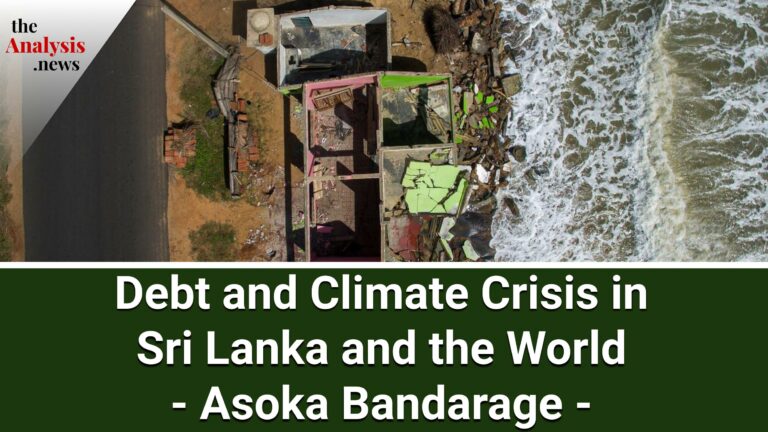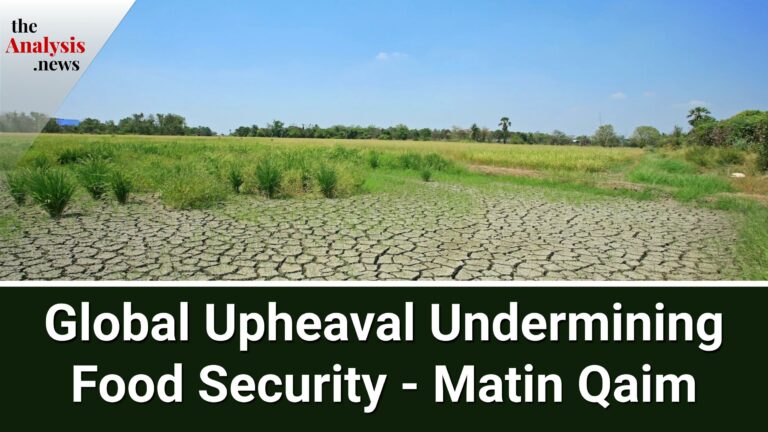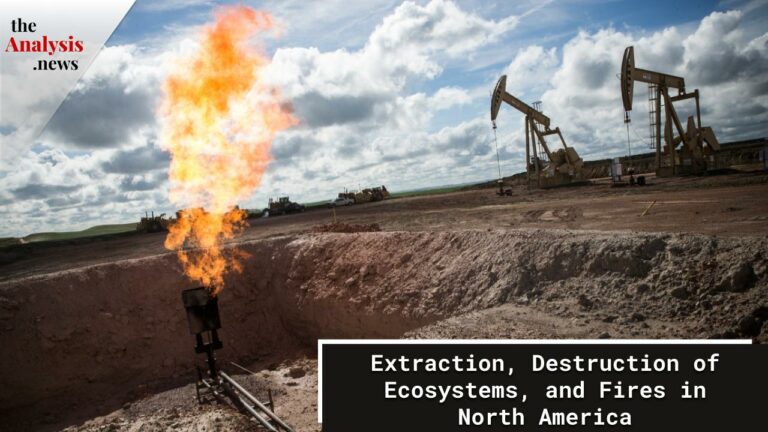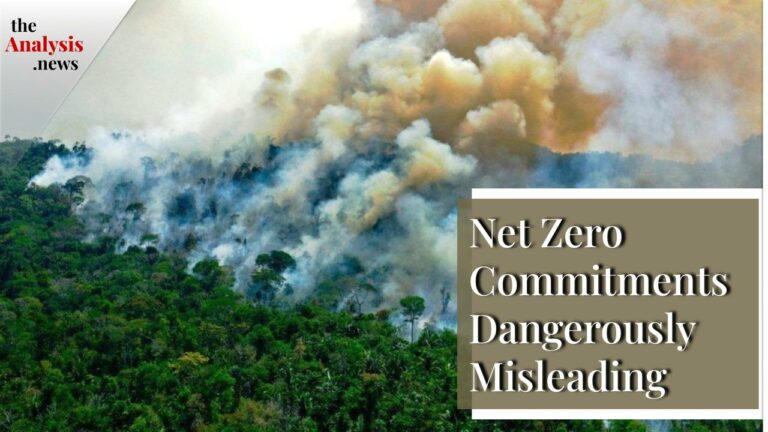Éric Pineault, professor of ecological economics at the Institute of Environmental Sciences at the University of Quebec in Montreal, explains how the fires raging in Canada are a corollary of the paradigm termed Extreme Oil. He discusses various oil and gas projects across North America, as well as the Canadian government’s support for the Trans Mountain Pipeline project, and how terms such as “net zero” and “carbon neutral” are misleading and conveniently serve Big Oil’s aims.
His recent book A Social Ecology of Capital presents an empirical analysis of capitalist societies, which both builds on and enhances Marxist theories by accounting for the energy extraction and colonization of ecosystems, a characteristic of what he terms our “fossil-industrial” society. His conception of capitalist metabolism outlines extractivism, production, consumption, and waste dissipation, which leads to an absorption of surplus energy, capital accumulation, and profit maximization. Most importantly, how is this understanding of social ecology useful for furthering a project of emancipation?

